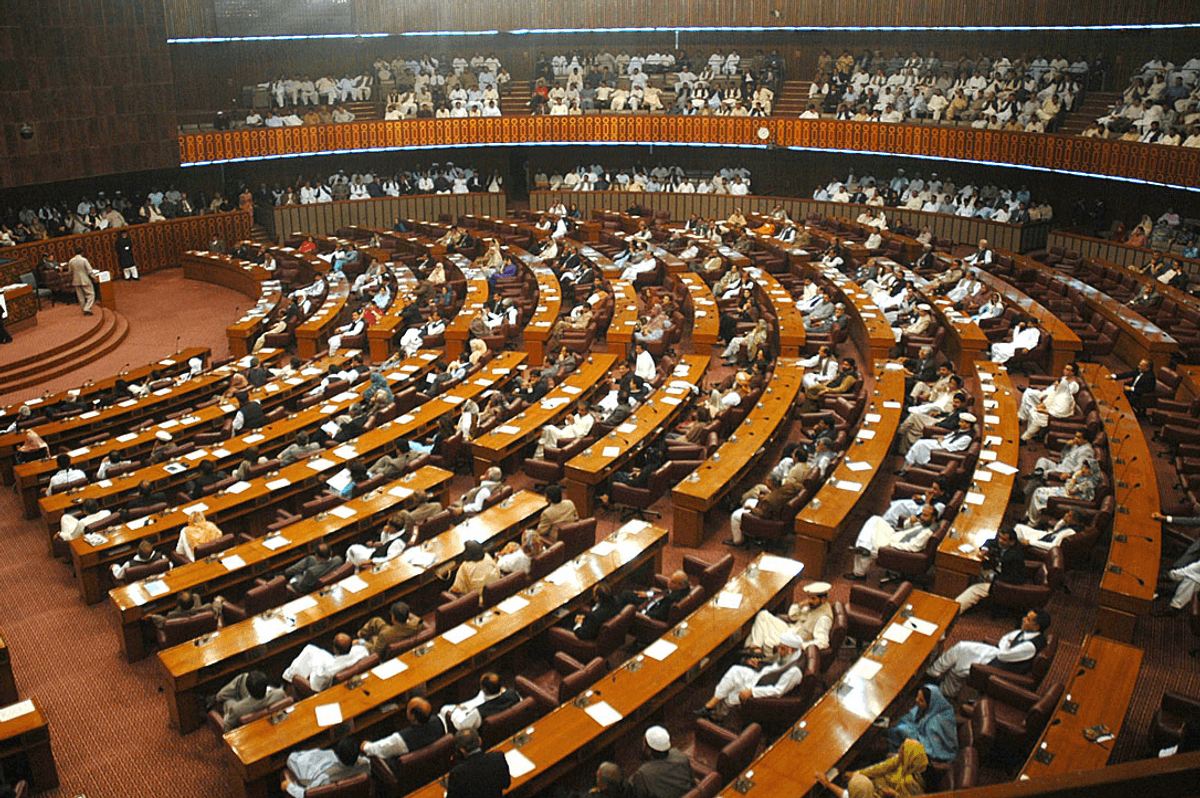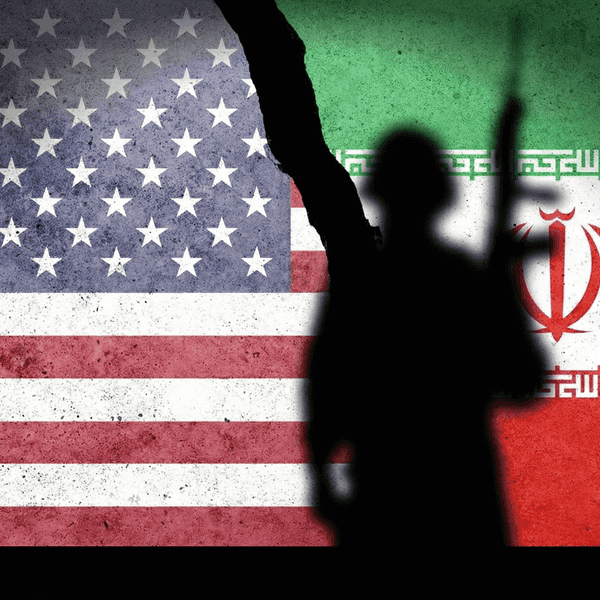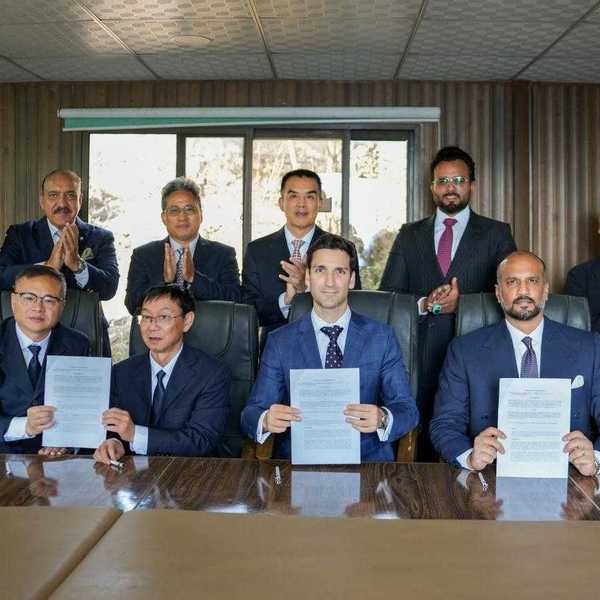Pakistan confirms plan to table 27th constitutional amendment amid political tensions
Dar said opposition leader appointments must follow due parliamentary process and assured open debate and scrutiny of the amendment before any vote

Javed Hussain
Correspondent
I have almost 20 years of experience in print, radio, and TV media. I started my career with "Daily Jang" after which I got the opportunity to work in FM 103, Radio Pakistan, News One, Ab Tak News, Dawn News TV, Dunya News, 92 News and regional channels Rohi TV, Apna Channel and Sach TV where I worked and gained experience in different areas of all three mediums. My journey from reporting to news anchor in these organisations was excellent. Now, I am working as a correspondent with Nukta in Islamabad, where I get the opportunity of in-depth journalism and storytelling while I am now covering parliamentary affairs, politics, and technology.

Pakistan’s federal government is preparing to introduce the 27th Constitutional Amendment in the Senate this week, in what officials describe as a move that will be carried out strictly in line with constitutional and legal procedures.
Announcing the decision, Senate Leader of the House Ishaq Dar confirmed that the amendment would first be tabled in the upper house before proceeding to the National Assembly. He said the Senate chairman would play a central role in steering the bill’s progress and ensuring due process at every stage.
Dar underscored that the appointment of opposition leaders must follow parliamentary procedure and majority consensus, not political rhetoric or public claims. He assured that the government would allow open debate and detailed scrutiny of the proposed changes, adding that the final draft would be made public before any vote.
The Senate leader further proposed referring the amendment to the relevant standing committee for an in-depth review and possible recommendations. He said a parliamentary committee would also be constituted to examine the broader implications of the reform.
Citing Pakistan’s past constitutional developments, Dar recalled the repeal of Article 58(2)(b) — which once empowered presidents to dissolve the National Assembly — as an example of how constitutional changes must proceed transparently and through consensus. He also downplayed recent political commentary by PPP Chairperson Bilawal Bhutto-Zardari, noting that political dialogue continues both inside and outside Parliament.
What the 27th Amendment proposes
The proposed 27th constitutional amendment introduces a series of far-reaching reforms. It includes the creation of a Federal Constitutional Court, the re-centralization of education and population planning, adjustments to the National Finance Commission (NFC) Award, and revisions to Article 243, which governs the command structure of the armed forces.
Critics argue the proposed changes could roll back provincial autonomy established under the landmark 18th Amendment of 2010, which devolved significant powers to Pakistan’s provinces.
Government insiders suggest that if the Pakistan Peoples Party (PPP) agrees to the amendment during its upcoming meeting on November 6, a joint sitting of Parliament could be convened as early as mid-November — following a timeline similar to the swift passage of the 26th Amendment in October 2024.
Opposition leadership crisis deepens
The move comes amid a deepening leadership vacuum in both the National Assembly and the Senate, where the seats of the Leader of the Opposition remain vacant months after Pakistan’s general elections.
The absence of opposition leaders has slowed parliamentary activity and further polarized an already divided legislature.
In the National Assembly, the opposition leader’s position has been unfilled since Omar Ayub Khan was removed in September 2024. In August 2025, PTI Chairman Imran Khan nominated Mahmood Khan Achakzai for the post in an effort to unify opposition parties, but the Speaker has yet to issue an official notification.
The Senate faces a similar deadlock. PTI’s Shibli Faraz, who had been serving as opposition leader since April 2024, was disqualified by the Election Commission of Pakistan in August 2025 under Article 63, leading to the termination of his membership. PTI and its ally, Majlis Wahdat-e-Muslimeen, have since nominated Allama Raja Nasir Abbas, but the appointment remains unconfirmed.
Despite multiple submissions by the PTI-led opposition, neither the speaker of the National Assembly nor the Chairman of the Senate has approved the nominations.
Government seeks to break legislative gridlock
According to parliamentary observers, the absence of opposition leaders in both houses prompted the government to advance the 27th Amendment, which seeks to prevent legislative paralysis and enable Parliament to function even when key opposition posts remain vacant.
Analysts say the amendment could mark a pivotal shift in Pakistan’s constitutional balance of power, potentially improving the government’s ability to pass legislation while heightening tensions with opposition parties that view the move as a centralizing step.
Dar reiterated that the government’s goal was not to bypass the opposition but to ensure “constitutional continuity and institutional stability.” He said all coalition partners would be kept informed and that debate in both houses would proceed in a “spirit of consensus.”
The amendment, if passed, could become one of the most consequential political developments since the 18th Amendment, shaping the contours of Pakistan’s federal structure and its evolving parliamentary dynamics.







Comments
See what people are discussing